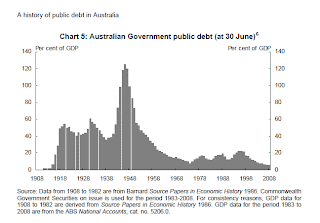While we wait to find out exactly what is in the Henry Tax Review, the Australian Taxation Office has published its latest statistics which are in a nutshell:
For the 2007–08 income year:
- 14.8 million returns were lodged, an increase of 6.7% from 2006–07
- 12,640,767 individuals lodged tax returns
- individual returns represented 85.2% of all returns lodged
- the proportion of individuals lodging returns using e–tax increased to 17.7%
- $7.7 billion in tax bonus payments were paid to 8.8 million individuals based on their 2007–08 tax return.
- 79.5% of individuals were salary and wage earners
- 13.7% of companies were in the rental, hiring and real estate services industry
- 25.9% of partnerships were in the agriculture, forestry and fishing industry
- 17.8% of trusts were in the rental, hiring and real estate services industry
- trusts experienced the largest growth in the number of returns lodged, with an increase of 8.3% from 2006–07
- individuals accounted for 19.6% of total income, 62.5% of taxable income and 64.4% of net tax
- companies accounted for 76.1% of total income, 26.7% of taxable income and 30.6% of net tax
- super funds accounted for 4.3% of total income, 10.7% of taxable income and 5.0% of net tax
- transfers providing assistance to families and individuals (excluding the one-off tax bonus payment) totalled more than $2.4 billion, a 2.1% decrease from 2006–07.
For the 2008–09 financial year:
- 2.6% fewer fringe benefits tax returns were lodged than in 2007–08
- fringe benefits tax collections totalled $3.4 billion, a decrease of 1.3% from 2007–08
- GST liabilities were $41.5 billion, a decrease of less than 1% from 2007–08
- excise liabilities were $24.3 billion, an increase of 3.1% from 2007–08 liabilities
- liabilities from the wine equalisation tax were $729 million, a 13.2% increase from 2007–08
- luxury car tax liabilities were $376 million, a decrease of 15.9% from 2007–08
- PAYG withholding liabilities were $116.9 billion, an increase of 2.0% from 2007–08
- PAYG instalments were $65.1 billion, a decrease of 7.4% from 2007–08
- During the 2008–09 financial year there were 410,318 self-managed super funds, with a total of 772,300 members.













